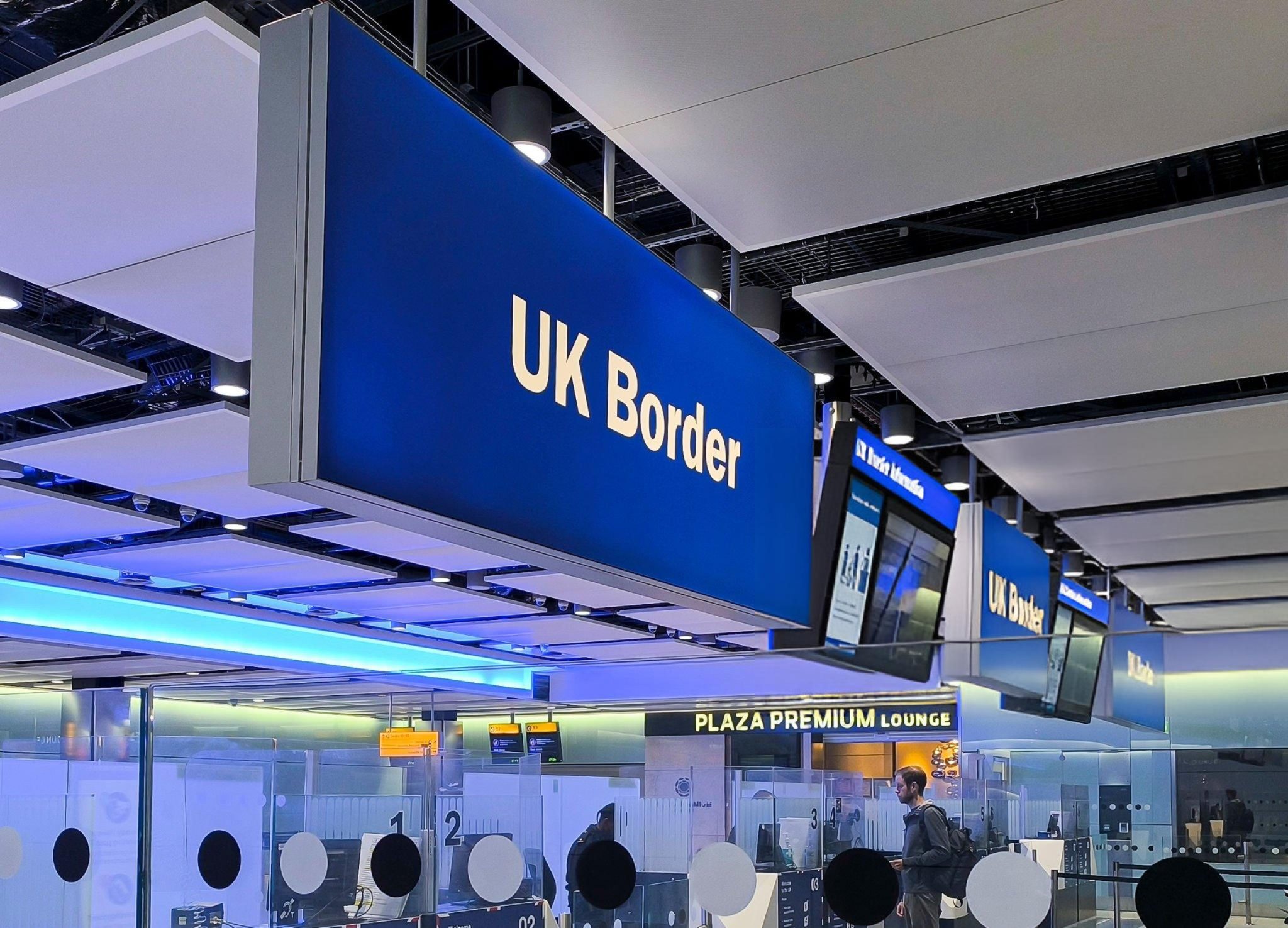Britain and the European Union announced in the early hours of Monday that they had agreed a far-reaching post-Brexit deal covering defence, travel, food exports, fisheries and youth mobility. The accord, to be formally unveiled by Prime Minister Sir Keir Starmer and European Commission President Ursula von der Leyen at Lancaster House, has been hailed by ministers as a pragmatic step towards smoother relations. Yet it has also been denounced by senior Tory figures and Reform UK’s Nigel Farage as a “surrender” to Brussels.
Below, The Standard examines the principal elements of the agreement.
Defence and security pact
The treaty includes a new defence and security framework under which British firms will gain access to a share of the EU’s €150 billion (£125 billion) defence fund. EU sources indicate that details of the UK’s financial contribution are still under negotiation. Brussels hopes to bolster collective defence in the face of heightened tensions with Russia, while London and Paris retain their status as Europe’s two principal military powers.
Airport e-gates for British travellers
Under the arrangement, UK passport-holders will be eligible to use e-gates at participating European airports. Individual member states must implement the change, but ministers say it will significantly cut queue times at busy hubs such as Paris Charles de Gaulle and Amsterdam Schiphol. The measure reflects a broader effort to restore the convenience once enjoyed under freedom of movement, albeit in a scaled-down form.
Pet passports for cats and dogs
Pet owners can breathe a sigh of relief: the deal revives the so-called “pet passport” for UK cats and dogs, dispensing with the need for an animal health certificate for each trip. Instead, travellers will require only a valid passport-style document for their animals, bringing the process back in line with pre-Brexit protocols.
Eased food export rules
To facilitate trade in foodstuffs — from sausages and cheese to fresh produce — the UK will comply with certain EU sanitary and phytosanitary standards. This harmonisation is intended to prevent perishable goods from being held up at ports, thereby boosting exporters’ competitiveness. Critics from the Conservative Party have swiftly condemned the move for turning Britain into a “rule taker” and undermining the very sovereignty championed by Brexit.
12-year fishing agreement
Perhaps the most contentious element is the fisheries deal. Rather than the annual licence renewals previously agreed, EU-flagged vessels will now receive access rights to UK waters for a fixed period of 12 years. Government sources maintain that this long-term certainty will aid coastal communities’ planning, but fishing industry representatives and Brexiteers warn it risks conceding too much. Nigel Farage declared it a “capitulation” that threatens the livelihood of small-scale operators.
Youth experience scheme
In a move described as neither a return to freedom of movement nor an open-ended visa programme, the UK and EU have agreed a capped “Youth Experience Scheme”. This will allow young people aged 18–30 from both sides to live and work in each other’s territories for up to two years. The term “experience” replaces “mobility” in government parlance to emphasise the scheme’s temporary and controlled nature.
Crime-fighting data sharing
Law-enforcement agencies on both sides will explore granting the UK access to EU facial-recognition databases alongside existing arrangements for DNA, fingerprint and vehicle-registration data. Negotiations are ongoing, but officials stress the importance of real-time information exchange to combat cross-border crime and terrorism.
Energy market alignment
Plans to interlink UK wind-power generation and French nuclear output aim to increase energy security and potentially reduce household bills. Discussions include merging the UK Emissions Trading Scheme with the EU’s ETS, which could enhance carbon-pricing efficiency across the Channel.
Professional qualifications and culture
Finally, talks will resume on mutual recognition of professional qualifications — a crucial matter for Britain’s services sector. Proposals are also under consideration to simplify work permits for touring musicians and performing artists, many of whom have faced logistical hurdles since 2021.
Political reactions
Business Secretary Jonathan Reynolds lauded the agreement as a “real prize” that addresses many of the frictions arising from Brexit. He argued that it would rekindle economic momentum and restore goodwill. However, Conservative leadership contender Kemi Badenoch branded it a “surrender”, particularly objecting to the food-standards alignment and youth scheme. Nigel Farage echoed this sentiment, threatening to repeal the deal should Reform UK form the next government.
Meanwhile, the Liberal Democrats have urged caution, warning against a return to the “Brexit trenches”. Leader Sir Ed Davey called for a focus on future growth rather than past disputes.
As Sir Keir prepares to host the EU delegation at Lancaster House, the true test will be whether the deal can survive domestic political storms and deliver the promised benefits to British businesses and travellers alike.






